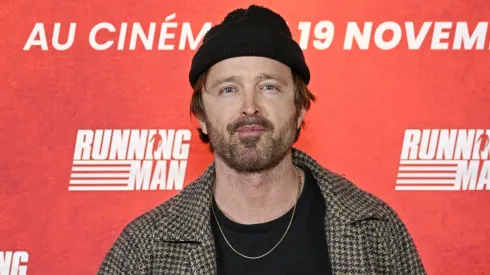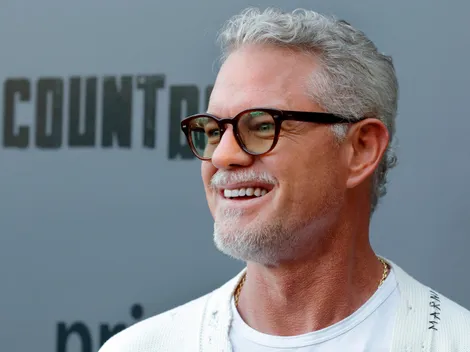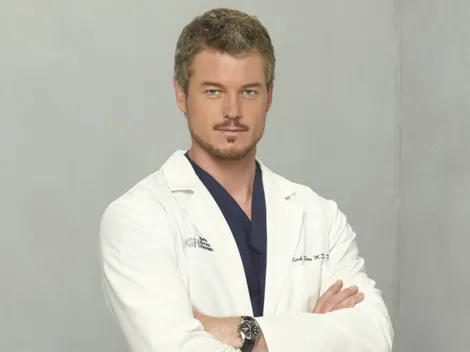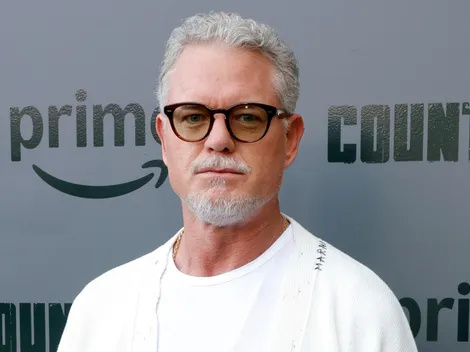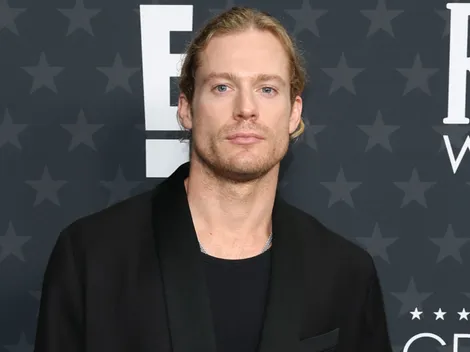Aaron Paul’s career has been shaped by an energy that never settles—a blend of volatility, empathy, and sharp-edged charm that threads through every role he touches. Long before awards and iconic monologues, he carved a space for himself by leaning into characters who felt unsteady, bruised, or burning with something they couldn’t quite name.
Across film and television, that instinct has pushed him into unexpected corners: gritty dramas, quiet indies, action-driven stories and character pieces that let him unravel slowly on screen. Each performance carries a pulse that feels distinctly his, revealing the depth of an actor who built his path not on predictability, but on emotional fearlessness.
Breaking Bad (2008–2013)

(Source: IMDb)
This series is the undisputed, foundational work of Aaron Paul’s career, establishing the emotional blueprint for every role that followed. As Jesse Pinkman, Paul delivered a performance of chaotic intensity and heartbreaking vulnerability, transforming the character from a simple comedic sidekick into the moral, tormented soul of the entire saga.
The show leveraged his raw, exposed emotional style to build its core narrative tension. His mastery of the simple, desperate scream and the quiet pain of a thousand-yard stare made Jesse Pinkman one of the most complex, beloved, and tragic figures in television history, securing his status as a permanent icon of modern prestige drama.
El Camino: A Breaking Bad Movie (2019)

(Source: IMDb)
This feature film serves as the emotional epilogue to his most iconic character. The entire narrative is a profound study of trauma, resilience, and escape, requiring Paul to carry the film almost entirely on the weight of Jesse Pinkman’s established raw desperation. The performance is a masterful exercise in non-verbal acting, demonstrating the immense psychological toll of Jesse’s journey and providing a necessary conclusion to his story.
Eye in the Sky (2015)

(Source: IMDb)
This taut, ethically complex thriller offered Paul a vital dramatic role as Second Lieutenant Steve Watts, a drone pilot forced to make agonizing, instantaneous life-or-death decisions. The film utilized his trademark intensity to convey the moral pressure and emotional distress of modern warfare, anchoring the global political stakes in his character’s visceral, moment-to-moment panic while he remained confined to a cockpit.
Need for Speed (2014)

(Source: IMDb)
This high-octane action film provided Paul with his first major blockbuster leading role outside of television. As street racer Tobey Marshall, he delivered the required adrenaline and high-stakes intensity demanded by the narrative. The role successfully leveraged his established persona of a wronged man seeking redemption and revenge, translating his small-screen intensity into a huge cinematic scope.
The Last House on the Left (2009)
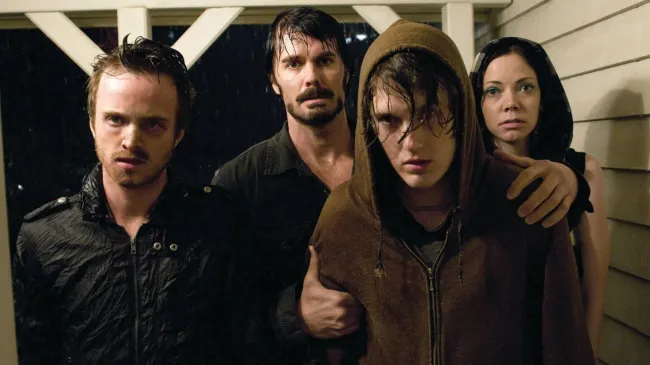
(Source: IMDb)
This early, brutal horror remake is significant for showcasing Paul’s willingness to embrace outright darkness. As Francis, a vicious gang member, he delivered a chilling, unforgiving performance, confirming his capability to play characters driven by raw, amoral aggression. The film marked an important step in his transition from lighter television parts to intense, unforgiving dramatic roles.
Hellion (2014)

(Source: IMDb)
This independent drama provided Paul with one of his most raw, emotionally grounded lead roles as Hollis Wilson, a distant, struggling single father trying to reconnect with his troubled teenage son. The film relies heavily on his ability to convey internalized grief and quiet desperation, showcasing a complex, mature dramatic vulnerability far removed from his mainstream roles.
BoJack Horseman (2014–2020)

(Source: IMDb)
While an animated series, the character of Todd Chavez is indispensable in discussing Paul’s range. Paul brought genuine warmth and often surprising emotional depth to the show, providing a necessary, optimistic counterpoint to the titular character’s darkness. This role highlights his versatility and ability to convey sincerity and profound innocence through vocal performance alone.
Smashed (2012)

(Source: IMDb)
This intimate independent film is a powerful, difficult look at alcoholism and recovery. Paul delivered a subtle, moving performance as Charlie Hannah, the husband struggling with his own addiction while his wife seeks sobriety. The film highlights his capacity for nuanced, internalized dramatic work, showing the quiet intensity of emotional damage and the pain of fractured commitment.
Triple 9 (2016)

(Source: IMDb)
This star-studded heist thriller placed Paul in a gritty, high-stakes ensemble. As Gabe Welch, a desperate, morally compromised criminal, he channeled his signature chaotic energy into a complex, action-heavy narrative. The film successfully utilized his persona as a man cornered by desperate circumstances, reinforcing his reliability in intense, multi-layered crime dramas.
Exodus: Gods and Kings (2014)

(Source: IMDb)
This biblical epic directed by Ridley Scott provided Paul with a massive, high-budget platform. As the Hebrew slave Joshua, his role, though secondary to the lead, represented the moral grounding and resistance of his people. The film demonstrated his versatility in adapting his intense screen presence to the scale and formality required by grand historical cinema
